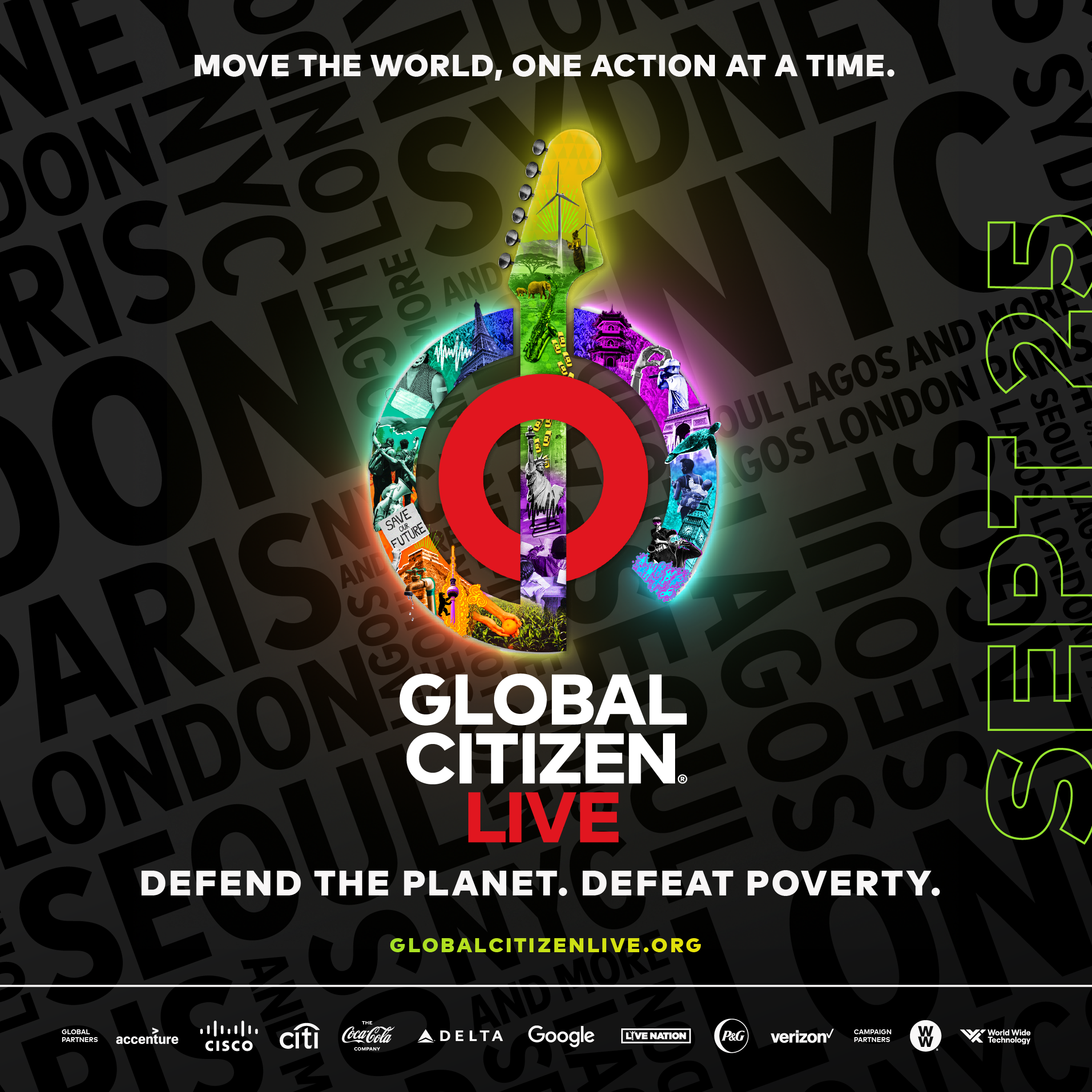Only 20% of the 1.7 million biographies on what is considered to be the largest online user-generated encyclopedia are about women.
There are also four times as many articles about men as there are about women out of Wikipedia’s 50 million articles.
In an effort to promote gender equality online, people around the world added more content to Wikipedia about women who are influential figures, experts, and role models in different fields to celebrate International Women’s Day in March this year. The edit-a-thon initiative was part of the fourth annual global #WikiGap supported by Wikimedia Sweden, the Swedish Ministry of Foreign Affairs, and the United Nations Population Fund (UNFPA).
The campaign is crowdsourcing the names of women who are missing from Wikipedia on social media.
“What happens online is not separated from what happens offline,” Eric Luth, involvement and advocacy project manager at Wikimedia Sweden, told Global Citizen via email. “Inequalities in a digital sphere will build upon and feed inequalities in the physical world.”
Do you know of a woman whose biography is not yet on Wikipedia but should be? Let #WikiGap know who they are! Reply below with the woman's name, a description of them, and links to more information. Learn more: https://t.co/ty7DJCc3qB#WomensHistoryMonth#IWD2021#ProjectRewrite
— Wikipedia (@Wikipedia) March 8, 2021
The gap in information about men and women on Wikipedia seems to be in direct correlation with the lack of representation among its authors — 90% of the site’s contributors are men. These discrepancies lead to less knowledge about women and a lack of women’s perspectives to learn from.
Limited resources about women on Wikipedia can trickle down to the media and the information consumed by the public. Already, only 1 in 5 experts interviewed in the media are women, and when journalists conduct research they often reference Wikipedia, according to Wikimedia, but they do not have gender-equal sources to choose from.
“The Wikimedia movement has acknowledged its responsibility, and a campaign such as WikiGap is important for breaking the vicious circle and giving visibility to, and agency for, women also in the offline world,” Luth said.
The first WikiGap event was launched by Wikimedia Sweden and the Swedish Ministry for Foreign Affairs in 2018, and almost 60 countries worldwide have participated. Through this effort, more than 5,000 editors have added more than 50,000 new or improved articles about prominent women to Wikipedia.
As women around the world continue to be hit the hardest by the social and economic impacts of the COVID-19 pandemic, it is essential that their stories aren’t forgotten, Luth noted. Many women who are frontline workers remain unknown.
“When traditional media and knowledge actors fail to tell these stories, to gather this information, the Wikimedia movement — with its hundreds of thousands of volunteers — can play a pivotal role,” Luth said. “It means to give space to those who have been left out, or to highlight deeds that have not been told enough. Also, impressive women from history that can act as role models are important to bring forward.”
You can join the Global Citizen Live campaign to defeat poverty and defend the planet by taking action here, and become part of a movement powered by citizens around the world who are taking action together with governments, corporations, and philanthropists to make change.
